In 2012 I’ve had the honor of attending almost every notable SEO conference from Australia to Israel and all points in-between. Walking through the crowds and passively eavesdropping on conversations I’ve heard many attendees express the same sentiment with the same exact phrase many times.
“It’s like everybody’s trying to give a TED talk.”
Those people seemed to be brimming with disgust at the idea that they’d just attended a talk or conference that didn’t center on new tricks for gaming the algorithm or how to build links while playing video games – the SEO equivalent of a fool’s mate in chess.
Ladies and gentlemen, you have been enriched, not swindled.
I’ve watched in awe as Joanna Lord redefined Conversion Rate Optimization, broadening it beyond button color testing to include better servicing and setting expectations of the customer. I’ve nodded in agreement and pumped my fist as Wil Reynolds pushed SEOs to embrace more actual marketing with his “Real Company Sh*t” platform. I’ve played in the band as Rand Fishkin sang the praises of Inbound Marketing as a paradigm shift that will all but euthanize Advertising and push manual link building to the side. I stroked my chin as Rhea Drysdale explained that Online Reputation Management is more about fixing businesses and changing the way people think than making social media profiles rank in the place of flame posts.
Here’s the thing, the focus of those talks wasn’t tactics; they were talking about strategy and as a growing industry we need that now more than anything else.
We Already Have Enough Tactics
The other day Wil Reynolds and I did a panel on Link Building and he mostly stuck with his RCS campaign interspersed with a few awesome tactics to find engaged audiences. I started with a brief discussion on the guest posting plague and how people need to diversify. Then I launched into a list of link building tactics.
Hypocrisy, I’m sure.
Here’s the kicker, most of them weren’t new or they were derivatives of things other people (namely Paddy Moogan, Adam Melson, Carson Ward, Ethan Lyon and myself) have introduced before, but all of these tactics fit very well within the context of the RCS strategy that Wil had just laid out. The combination of the two approaches made for not just a highly-effective and complementary panel that left people with great ideas they could implement, but also with a strategy to weave their tactics together.
Wil and I talked beforehand about how people always want new tactics, but realistically they aren’t using the ones we’ve already told them about. How many people are actually taking their brand or competitor’s twitter followers, seeing how many are following them have blogs and reaching out to them as quick hits? How many people are identifying bloggers, creating dashboards and alerts to engage with them at the right time and create a relationship? How many people are having blog contests? How about outreach via social? How many people go through Jon Cooper’s collection of link building tactics (those are tactics Jon, not strategies) and build a custom solution for their client?
Very few.
I know this because I’ve seen the (anonymized) data from Buzzstream. We are all starting to see a lot of agency’s guest posting footprints. We also don’t hear too much about bigger picture campaigns that SEO companies have done in the wild. It’s a struggle even at iAcquire to get client buy-in beyond guest posting since everyone wants “scale” and for link building to happen in a silo. I get it.
However the point is that we as an industry have enough tactics, we just don’t employ them. That’s why it’s pretty easy for me to do this…

…and find all your clients. I’m not a PhD so I’m pretty sure Google can do this too.
We Need Better Strategies
Strategy is a term thrown around loosely in digital marketing and even more so in SEO. Guest posting is not a strategy, it’s a tactic. A site audit is not a strategy; it’s a practice that informs a strategy. Testing button colors is not a strategy; it’s a tactic to better inform your strategy for improving conversion rates. What SEOs often pass off as content strategy as an industry is not content strategy; it’s usually just a few ideas for link bait that is not really connected to a specific audience but to a keyword itself.

What SEO needs right now is more strategy.
SEO needs to come to the table with a story, not spreadsheets of rankings. Strategically it needs to be about the consumer, their decision journey, maintaining their loyalty and winning them back rather than just about algorithms, meta tags and the link building flavor of the day. The high-level execs need to be led to the promise land with a story as to how a user is looking for them and investing in SEO improves all channels.
That’s not to say we should forget the tactical things that differentiate us or push them to the side, but sound strategy needs to be the layer of polish on top of what we do. SEO needs to command respect, attention and budget, but first it has to respect itself.
SEO needs more push internally to grow up the way that other digital capabilities have. I’m sure if webmasters from 1995 time traveled to 2012 they’d tell you “we don’t need these silly wireframes, information architectures and why is frontend and backend development separated?” I’d couple those same characters with SEOs that don’t believe they need to know HTML or embrace social media and then I’d invite them all to move down south and join a Civil War reenactment.
More and more CMOs, VPs and Directors in companies are getting a better understanding about what SEO is and what it can do, but we as an industry still position it as such a low-level initiative. We’re still undercharging for what it’s worth. We’re still comfortable with “oh, well we won’t be able to get the client to do that.” All of these things need to end.
Realistically Search is maturing into something that is much more than Google and Bing. Search is going to be about cross-platform and cross-channel experiences and we need to be able to play in all of those spaces.
That’s only going to happen with (wait for it)…strategy.
Breaking the TEDium
Ultimately, this is nothing I haven’t said before. At this point, more than enough sustainable tactics have flown around the SEO echo chamber, it’s time to diversify our tactics, change the way we think and the way we present ourselves. I’m not saying it’s time to stop sharing tactics. New ways of doing things will always be valuable and I strive to continue to do just that. What I’m saying is strategy is far more important to our clients, improving the perception of SEO and the maturation of our industry.
In 2013, I’ll definitely be that guy that’s trying to give a TED talk. I’m trying to change the game. The question is are you ready to play at a higher level?


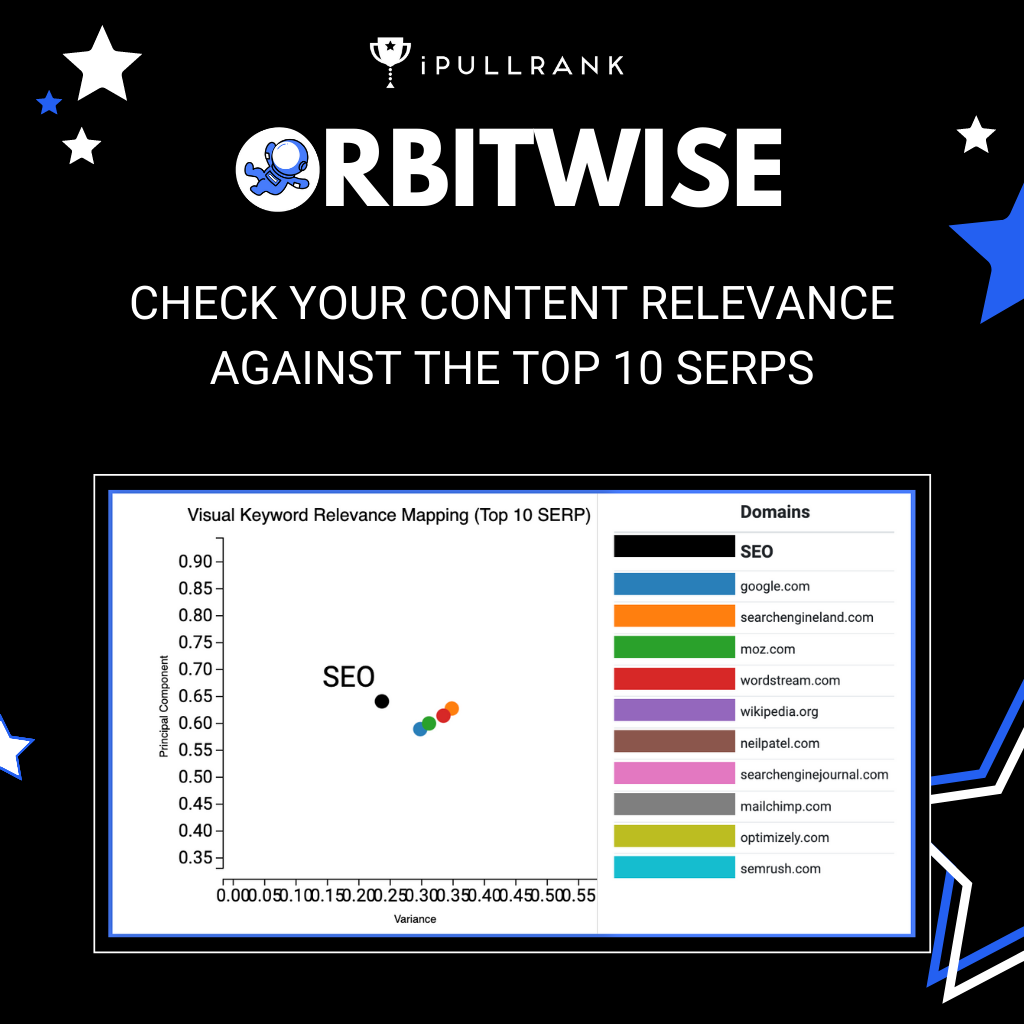
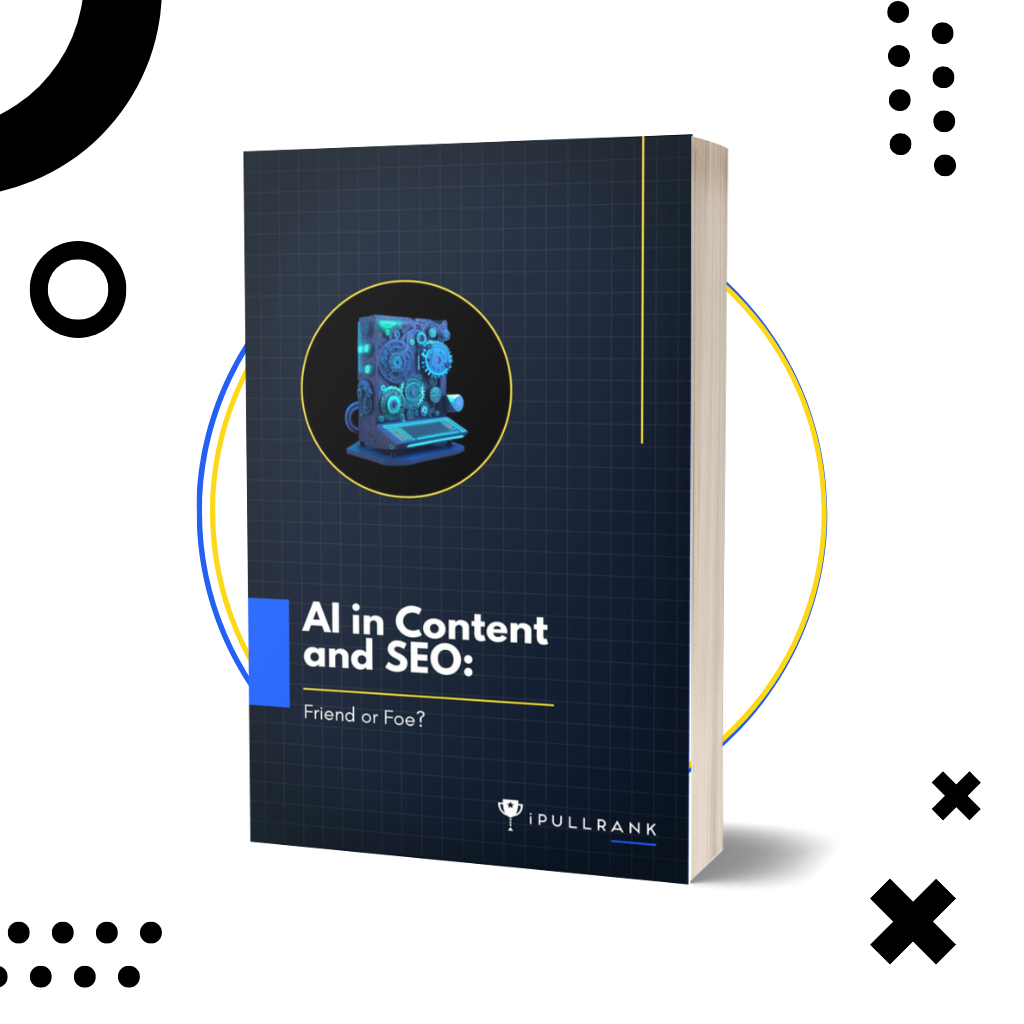
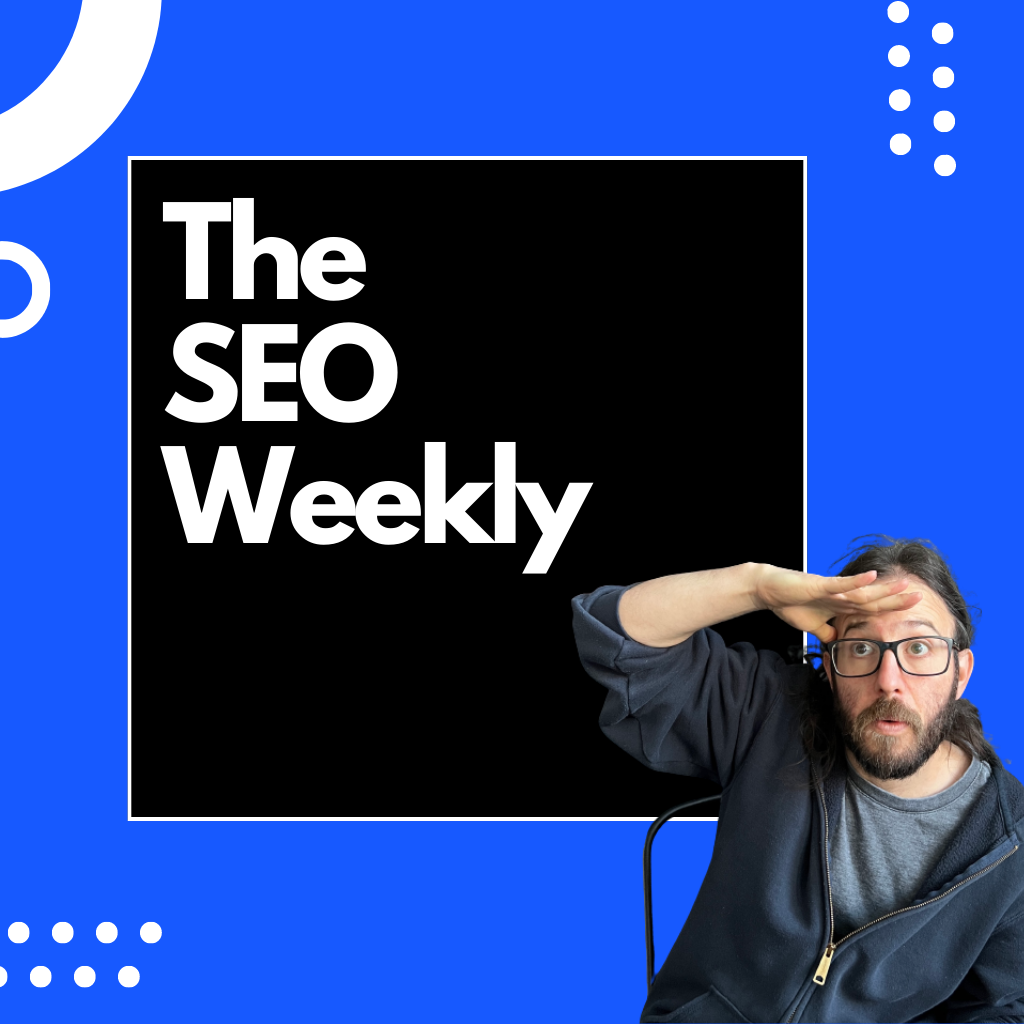
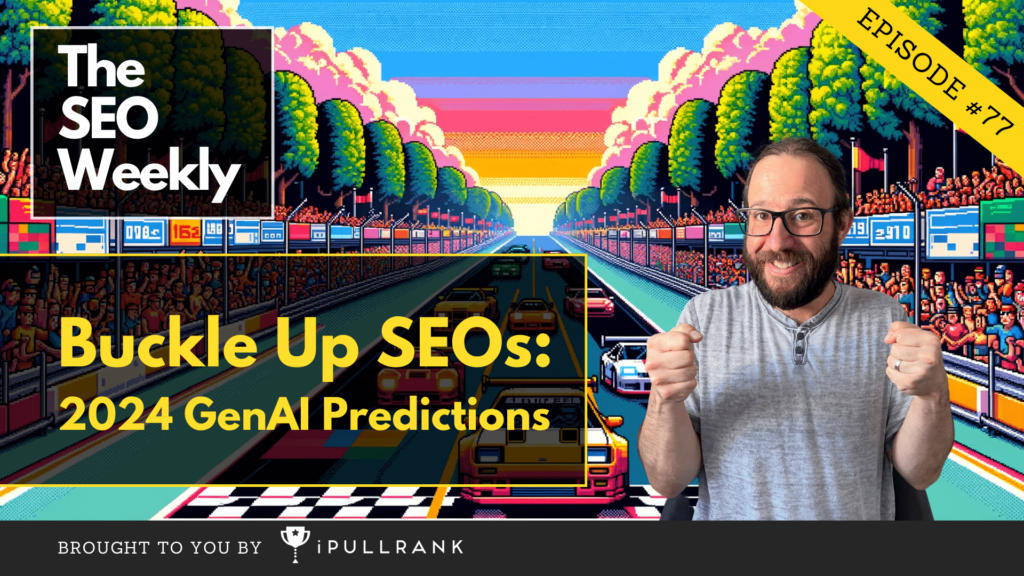
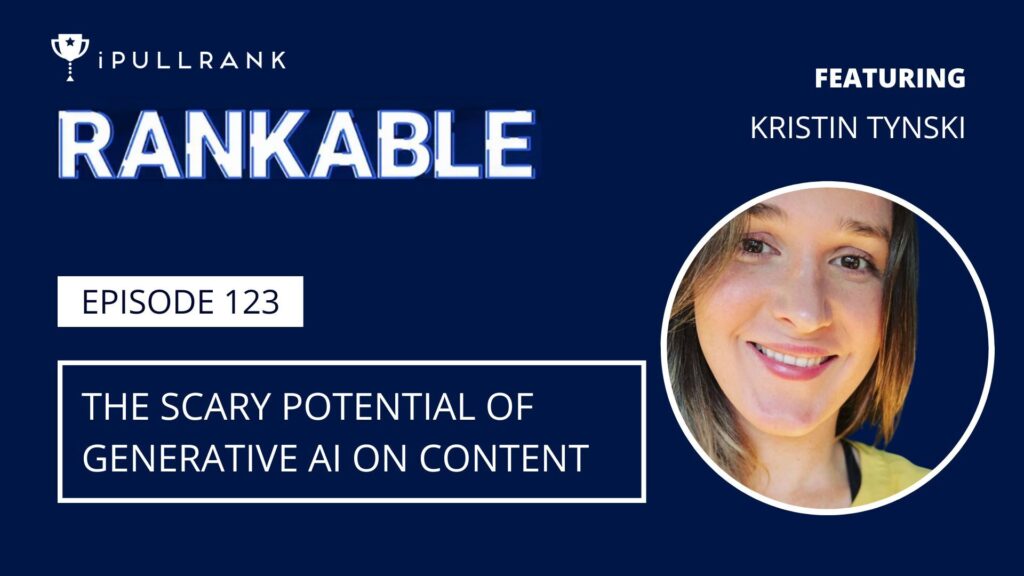



24 Comments
While I only attended Mozcon this year, I heard the same thing you did quite a bit…The problem is that it is mucher easier to do things that it is to think about things. And let’s face it, everyone is looking for a shortcut.
Thankfully it appears that the days of shortcuts are over, so everyone needs to either buy in, or get off the bus.
In short, don’t hate the player, hate the game.
Digging this way of thinking for sure, and agree there is some evolving and growing up that needs to happen. The thing I’ve been asking myself lately is, is it fair to expect SEO to broaden beyond search traffic objectives into truly cross channel or cross platform experiences? Maybe it’s not a bad thing to have SEO stay this focused niche within the broader marketing mix, specializing in technical site audits, content optimization, and internal/external linking strategies. I’ve noticed a lot of posts and tweets lately from SEOs experiencing major growing pains when attempting to expand into these complimentary areas like content strategy, conversion design, PR, and others. Perhaps strategic agency partnerships or diversified internal structures are a better answer than expecting SEOs to undergo this full evolution…
Whether it’s fair or not, it’s coming at us fast.
Give it a year or two and Search isn’t going to just be about Google and Bing anymore. Brands are going to care more about Mobile Search, Siri, search at kiosks in Walmart, etc and for us to continue to be the owners of Search we’re going to need to get on board with basic strategic things.
Otherwise what happens is the Media team will own this or some new Experiential Search discipline will spring up.
Again, I’m not saying that we have to be the owners of everything digital, it’s fine to partner with other teams or agencies. What I am saying is that internally we need to be able speak the language of those teams and support those capabilities when those teams are NOT available or willing.
Great post Mike. I agree. I would add to the fire by saying, if we as an industry do not mature…we run the risk of losing a seat at the marketing big kid table. Keyword research will belong to the research departments and producers while paid search heads to live in the media departments.
In many industries search is finally getting an invite to participate in accomplishing business goals. Even those business goals outside of sales. So how are we reacting as an industry? I guess time will tell.
If we do not mature however, those agencies we previously consulted and lead in a conversation of how to create web dominance, will take their strategic business experience and pass us right up. Thus our marketing 15 will be up.
Thanks for putting this together, gives me a lot to think about.
LOOOOOOOVVVVEE the post Mike. I think what’s tough for many, is that strategy requires creativity. Creativity is hard to teach or learn. People stick with tactics because they’re “proven” or systematic. I’m not arguing in favor of tactics at all, but part of me likes to think that as SEO moves towards strategy, it will really separate those that employ creativity and free thinking outside the box.
Strategy is at times about doing something that has never been done before. And as a lot of SEOs have echoed lately – having a “why” (thank you Mr. Sinek). You can’t just fabricate those things. They have to be real.
I agree wholeheartedly with you here.
Good points – On Creativity, Have you seen John Cleese’s lecture? It’s good: https://www.youtube.com/watch?v=ijtQP9nwrQA
I must say I agree with you as far as the future of the industry is concerned. However, I think Gary Magnone makes a good point when he says that niche-specific SEO may not be a bad thing. For companies who lack the resources to effectively tap into all the different areas of online marketing, I agree that strategic partnerships are a realistic option for companies to become as versatile as the industry demands without straining their resources. That way each member of the partnership can focus on building better strategies.
I’ve always thought that an amazing marketing presentation needs 3 things: 1. strategy (higher-level thinking about the future), 2. tactics (to prove the scalability and viability of the strategy), and 3. data (to prove the efficacy of the strategy beyond a couple of anecdotes or case studies).
I’ve been in the shoes of those complaining about the TED Talk-like nature of some conference presentations. It’s usually because they’re all strategy, but no data or tactical implementation specifics. The phrase “talk is cheap” comes to mind here. It’s not that the strategy isn’t good or important. It’s not that we don’t need big ideas that shape, reshape, redirect, or refocus our thinking. It’s that the presenters haven’t given the audience any proof that they know what they’re talking about; that they were worth the price of admission and the time of attendance. It’s just disappointing to hear presenters who talk big and know that they’re being praised and pedestalled by the same people who attend conferences largely to keep up appearances. Those in the trenches deserve better.
Did you miss my point where I said we already have enough tactics?
Basically everyone has a ton of Ikea furniture components and instead figuring out how to build a sturdy piece of furniture on their own they wait for someone else to tell them how to they built their chair so they can replicate it exactly.
What I’m saying with this piece is we need more overarching ways of putting these things together. Guidebooks for building different types of Ikea furniture if you will instead of just more pieces to it.
I definitely don’t disagree with your points about the 3 components of an amazing preso. However I do think there is definitely value in a speaker just giving you the components for something they figured out strategically. For example I’m all for a presentation that talks about leveraging development concepts that just gives away the code do it and the application of that code. The rest is up to you.
That’s what I mean by strategy rather than tactics.
A great idea is always worth the price of admission if you didn’t come up with it.
We need to recognize also that SEO is usually part of a larger strategy. While we can put together strategic plans for SEO, a lot of what we’re doing already falls into other ‘buckets’ in organizations: PR, media planning, writing, etc.
We CAN try to shoehorn all that into ‘SEO’. Or, we can work with our clients’ current structure, and become part of that strategy. I suspect that’s where we’re going as an industry.
That’s a fair assessment. I don’t think I’ve said that we need to own everything across the digital ecosystem. If I did, what I really meant was we need to come to the table with the same types of data, research, strategy that are prerequisites for other disciplines so we can better influence those decisions rather than just try to disrupt them.
Maybe I’m being too ambitious and I should switch to being a Digital Strategist? =]
Though I would argue there’s never enough tactics, I don’t disagree with this. I used to go to cons and wish for more strategies. I did feel a shift this year.
There’s plenty of session descriptions available before you buy the ticket. I’m surprised that people would walk out of, say Mozcon, and be surprised they didn’t get one thing or another.
I’m not sure how you can be successful without strategy, so I didn’t notice this frustration out there. It’s especially useful when including fields that have overlap. That is the growth of the industry. My only criticism is (and I know it’s not always possible with client agreements) that presenters need to really share more strategy details. Loosely talking about something you did, vs. giving us the details is the difference between describing a painting and showing the painting. I felt there was too much ambiguity with the strategy presentations this year.
PS, Scott’s comment was amazing.
Inspiration is great; you need those keynote style talks about how the industry is changing and moving. You need someone to fire you up and inspire change.
But a great coach does more than give pep talks. They critique. They provide advice on how to do better. They draw from their own experiences and they say, “here’s how I did it, here’s how you can do it too.”
It’s wonderful to talk about where the industry is going, but you should provide some insights into how others might get there. A talk should be actionable – whether that’s giving you a tactic or whether that’s sharing strategies or whether that’s telling the story of how a company got from A to B (sound familiar, Mike?).
Scott said it very well – presenters need to prove they’ve got something worth sharing that is compelling for more reasons than just who that presenter is. My biggest bone with a lot of what I’m tuning into is that it’s aggrandizing SEO’s and saying “HERE IS THE FUTURE!”, but SEO’s themselves are limping blindly towards that future with no clear concept of how to make it all work in the real world.
Perhaps the biggest elephant in the room is what Gary touched on: so many are struggling to accommodate strategy in a formerly tactic-driven industry. Maybe the problem is that SEO’s need business advice – not link building advice. How do I build teams? How do I price this? How do I measure these new kinds of outcomes? THIS is what I know many are starving for – and all the impassioned finger pointing to the future isn’t telling them anything about how others have gotten there.
Show people the way – your way – a way, any way – something that worked, something proven. Then let them interpret it for themselves how they must. But show them something they can use instead of holding up road signs.
On the flip side – for the listener: As Dan Shure pointed out, creativity is tantamount. There’s no “tactic” that applies to all clients, all businesses, all situations – and the onus is on the listener to implement what makes sense in their given situation. You cannot expect a speaker to ride in on a white horse and save you from yourself.
This. There’s a sliding scale that has something like a Hack Day on one end, and Tony Robbins on the other. I’m not saying we need to go all the way to the Hack Day end where it’s all getting shit done, all day. But – we *definitely* don’t need a dozen people who give presentations that come down to SEO motivational speaking.
If this: https://www.slideshare.net/randfish/the-content-marketing-manifesto told you something you didn’t know already, I hope its your first month in the industry. Good presentation. Good inspiration if you’ve been trudging along still building forum profiles. Presented *fantastically* well. But it gives you essentially nothing on the how.
We all know (or should know) the ideal “What”.
It’s something along the lines of “Make great content that attracts positive attention to your brand, gets spread among friends, drives commerce, and gets links on its own,”
We don’t need 50 more ways of saying that one sentence.
What we need is guides on how to execute pieces of that sentence.
…granted. We don’t *need* it. I’m fine with everyone else fumbling around in the dark. That works for me.
But – I’m pretty confident this is what people are getting at when they bemoan TED-talk-SEO.
Yeeeeah, I’m not calling for “SEO motivational speaking” at all.
My main point is that there are plenty of tactics. Link begging still works, social outreach still works, forums still work, etc etc. However there are not enough new ideas on how we leverage all of these things strategically or how we get the buy-in at the big kids table.
This certainly doesn’t apply to you, but really these presentations help people get the wheels turning to come up with their own strategies and tactics rather than grabbing a new trick to burn out.
Nah I’m with ya – using the Tony example as being the extreme end and opposite of hack day.
I don’t think we’re quite there, but I think that’s what people are feeling like we’re risking getting too close to (with certain presentations, certainly not every one).
Like ya mention below, more “And this is how *we* acted on this strategy” to get people thinking. Just strategy points alone without an example of action is gonna leave people feeling lost.
Again, like I said (and basically how you ended this) there are already plenty of tactics, but not enough ideas. At this point we should all be able to take an idea and deconstruct it based on tactics we already know about.
A new tactic should just be icing on the cake, not a requirement. And believe me, I love tactical presos. I loved Paddy Moogan’s talk just like I loved Joanna’s.
Like Ian said below this — a lot of this stuff is not new so it shouldn’t be a stretch to expect the audience to see something great and take it to the next level.
That’s why I love seeing Mat Clayton speak. He doesn’t go through quick tips. He gives code, he shows development frameworks and then says “our strategy is to keep more users alive on MixCloud here’s our approach” All of that sets off more ideas in my head for how to take the pieces of his strategy creatively and apply it to what we do at iAcquire.
That’s more what needs to come out of these talks, not just robots taking exactly what other people did and running it into the ground.
Great comment, thanks for sharing.
I vehemently disagree. The TED format is not worth emulating, because it favours the medium over the message. TED talks are about delivering a narrative – regardless of the actual merits of that narrative. TED is about slick presentation devoid of substance, a victory of style over meaning.
If you genuinely think TED talks are great and should be emulated, you should read Evgeny Morozov’s take on the TED phenomenon:
https://www.tnr.com/article/books-and-arts/magazine/105703/the-naked-and-the-ted-khanna
Ohh Barry, I can always count on you to vehemently disagree.
You’re taking this too literal. I’m not looking to give actual TED talks. I’m looking to focus on strategy over tactics.
Thanks for your comment.
“In 2013, I’ll definitely be that guy that’s trying to give a TED talk.” Yeah, sorry for taking that ‘too literal’.
It’s ok. I won’t hold it against you as the original explanation was hyperbole and I was just extending the hyperbole.
Great thoughts Mike. I have a ton of opinions around this topic, but I don’t inherently disagree. I do think the conversation is a bit more nuanced.
On a conference level, there should be a balance between tactics and strategy, but there is always room for tactics packed slide decks. For me, I get bored during decks packed with lists of tools and tactics. I consume so much SEO content, it really takes a high caliber presentation to bring something new and useful. However, I know that not everyone has consumed hundreds of SEO articles and slide decks a year, for 5 to 6 years.
I’m always amazed when Wil Reynolds asks for a show of hands to see if someone has seen his post or webinar on something. More than half the room doesn’t raise their hands. There are a lot of people missing a lot of tactics. The industry needs people to talk about strategy, but that doesn’t mean that’s what the audience always needs. Sure, conferences like Mozcon, Searchlove, and SMX Advanced should lift us to new heights, but when I attended my first conferences SMX East and Pubcon, it was the tactical presentations that showed me how big timers did SEO. The strategy / case study decks were a complete waste of my time.
I think it’s the job of a presenter to not get lost in their own perspective, but to set themselves in the perspective of their audience. I think it’s easy to feel as if you need to present to the greatest common denominator in the room, but that can leave a lot of your audience hanging.
That said, I don’t disagree that our industry is way too tactical, and honestly, most of us fall on our face when it comes to strategy. A lot of us don’t know how to market. There is room for a number of voices to raise out of the mess and drive us towards strategic thought.
And all strategy breaks down to tactics, even if you’re discussing how you tactically went after developing a strategy. I think we need more of that, not just talking about strategy. It reminds me of Tom C’s talk at Mozcon. Many examples we give in our industry are made by ad agencies. Where are the big ad agency like strategies being produced by SEOs?
I also think this comes down to a huge identity crisis in our industry. Personally, I really don’t know how to define SEO anymore. The umbrella is too huge and we keep adding stuff to it. It’s impossible to be an expert at everything that SEO touches. We’re assuming responsibility for things that we don’t know anything about. And as we start to talk about Real Company Shit, RCS isn’t content, it isn’t a high quality infographic. RCS is running a company well. This pushes us into being management / business consultants almost.
This approach in SEO leads to some really odd recommendations. It makes us feel qualified to discuss areas we’re not ready to.
Fundamentally, I don’t know if SEOs can ever lead strategy. It’s such a limited channel that forgets about so many other aspects of marketing. If a company’s strategy is built by an SEO, it’s a bit short-sighted. Once a marketing strategy is set, SEO should play a role in it.
I also think we’re seeing another issue, which is that the personal and professional progression of individuals is being applied against the industry. A lot of thought leaders are growing to areas outside of SEO. They’re becoming heads of digital strategy, CEOs, and inbound marketing directors. My personal job is becoming more robust, more marketing, and includes a wide range of “inbound” channels. I’m not pulling levers as much as I did 3 years ago. I’m tasked with strategy and building business cases. I decide what levers to pull. I live in a world of telling stories. Does this mean SEO is changing or is my career moving away from SEO? Those knee deep in the trenches might have a very different perspective of what SEO is.
I’m glad we’re having these conversations and kudos on writing a post on it. I entirely agree on your comments on how we should be pushing ourselves to mature as an industry.
Some great commenters here, and a solid post by Mike. I have a couple thoughts.
1) Mike is right that SEO does need a better grasp of strategy. SEO is not just about getting rankings. That said, there are varying levels of SEO proficiency. There are niche experts in SEO and also true jedis that understand the whole gamut. Bottom line, many SEO practitioners are no where near equipped to advise on strategy. I think that has a lot to do with Mike’s point though. Time for many of us to elevate our game. And for those who already have the game, be vocal, you’re too valuable to just sit back and act like a keyword jockey.
2) With regards to tactics, I like to see a lot of tactics and ideas. My complaint is that most of what I see worked in a very small scale for a very niche case. It’s because of this reason that seeing lots of tactics is beneficial for me. That said, I think the context of how and if a tactic will even work is vastly misreported. Broken links as an example works okay in certain cases. We actually tried it in pretty high scale, and it didn’t stand up most of the time. We’ll be revisiting it with a new SWAT team. Bottom line, let’s talk about tactics, but let’s talk about how they worked, at what scale, and for which type of project and in what industry.
Good discussions here.
Leave a Comment